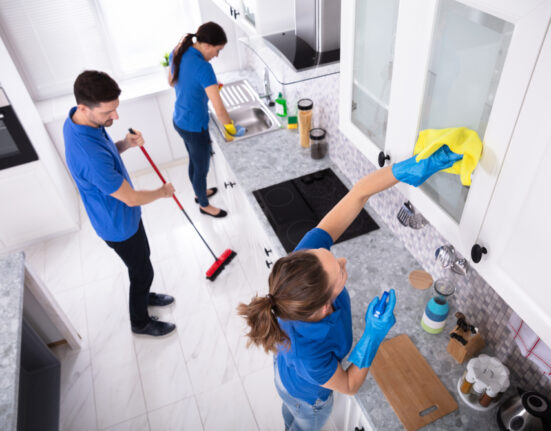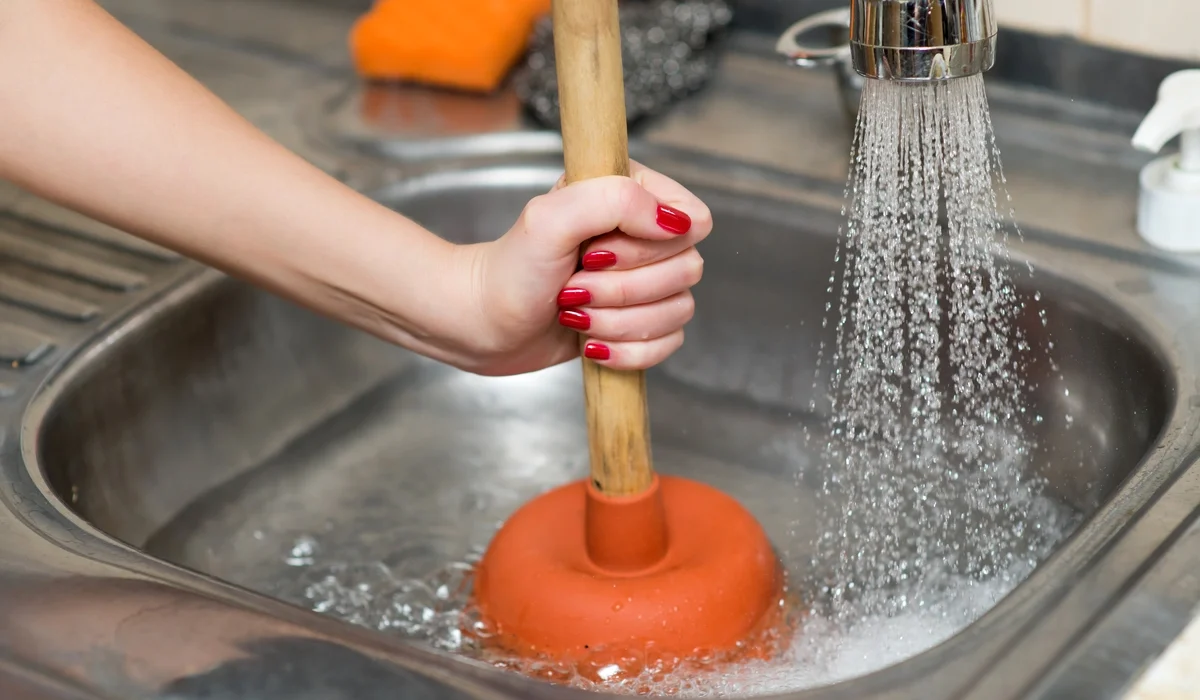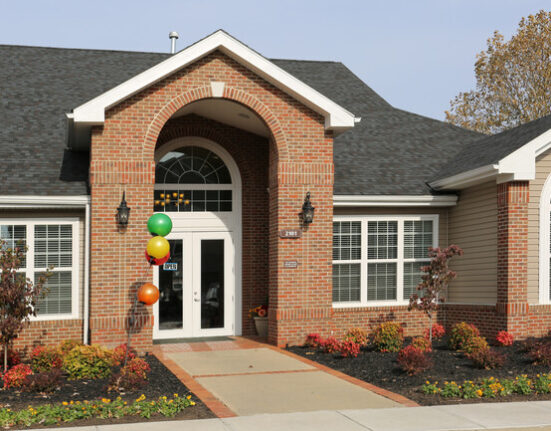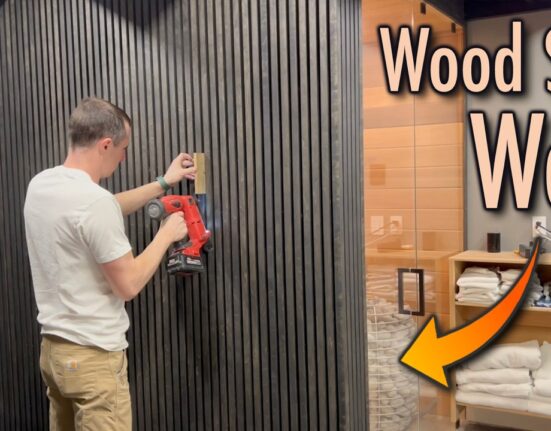Dealing with a clogged sink can be a frustrating experience, especially when the problem seems to keep coming back. Recurring clogs are not only inconvenient, but they can also be a sign of underlying issues that, if left unchecked, could lead to more serious plumbing problems. If your sink drain keeps re-clogging, several factors might be contributing to the issue. Understanding the common causes can help you identify solutions and prevent future blockages.
1. Accumulation of Debris
One of the most common reasons for a sink to clog repeatedly is the build-up of debris in the pipes. Kitchen sinks, in particular, are often exposed to grease, food particles, and soap residue, which can accumulate over time. Even if you’re careful about what goes down the drain, small particles can stick to the walls of the pipes and gradually form a blockage. Over time, this accumulation narrows the diameter of the pipe, causing water to drain more slowly or not at all.
To prevent debris from accumulating, avoid dumping oil, fat, or fibrous foods down the drain. Instead, scrape plates into the trash and use a drain strainer to catch food scraps. Additionally, running hot water through the pipes after washing dishes can help prevent grease from solidifying inside the pipes.
2. Improper Drain Usage
Sometimes clogs persist because the drain is being used improperly. Bathroom sinks are particularly prone to hair and soap scum blockages. Shaving or brushing hair directly over the sink without using a strainer can result in hair going down the drain and causing clogs. Soap scum, which forms when soap mixes with hard water, can also contribute to blockages by adhering to the sides of the pipes, trapping other debris in the process.
The solution here is simple: use a drain cover to catch hair and regularly clean the drain to prevent soap scum buildup. Using liquid soap instead of bar soap can also help reduce soap scum in your drain.
3. Outdated or Damaged Plumbing
Old plumbing can be a hidden culprit behind frequent clogs. Pipes that have been in use for decades may corrode, crack, or develop rough inner surfaces. These issues can trap debris and contribute to recurring clogs. In some cases, outdated plumbing systems may have narrow pipes that struggle to handle modern waste disposal, leading to more frequent backups.
If your home has an older plumbing system, it may be time to consider upgrading to modern piping. Newer materials such as PVC are smoother and more resistant to corrosion, which can help prevent blockages. A licensed plumber can assess your system and recommend appropriate updates.
4. Incorrectly Installed Pipes or Fixtures
Improperly installed pipes or fixtures can cause drainage issues. If the pitch of the drainpipes is not correct, water and debris won’t flow through the pipes properly. Instead, they may sit in one spot, causing build-ups and clogs. Additionally, if a plumber installed the pipes with too many bends or sharp angles, it can disrupt the natural flow of water, leading to frequent blockages.
If you suspect that improper installation is causing your clogging issues, it’s important to contact a professional plumber to assess the situation. They can check whether the pipes are properly sloped and suggest any necessary adjustments.
5. Tree Root Intrusion
According to Ted’s Plumbing, tree roots seeking moisture can infiltrate your plumbing system, particularly in older homes where clay or cast iron pipes are common. If roots invade your drain line, they can create blockages that lead to frequent clogs. While this issue is more common in outdoor plumbing systems, it can also affect indoor drains if the roots enter the main sewer line.
To prevent this, regular maintenance of your plumbing system is essential. A plumber can use video inspection technology to detect any root intrusion and recommend solutions such as pipe relining or root removal.
6. Clogged Vent Pipes
In plumbing systems, vent pipes allow air to flow into the pipes, facilitating proper drainage. If these vent pipes become clogged, it can disrupt the flow of water and lead to frequent clogs. Blockages in vent pipes can be caused by debris, leaves, or even small animals.
If you notice gurgling sounds coming from your drains or if your sink is slow to drain despite your best efforts, a blocked vent pipe could be the cause. A professional plumber can inspect and clear the vent pipe to restore proper airflow and drainage.
7. DIY Repairs Gone Wrong
Attempting to fix recurring clogs with DIY methods can sometimes make the problem worse. Over-the-counter drain cleaners, for example, may offer temporary relief but can cause long-term damage to your pipes. These chemicals are harsh and can corrode pipes over time, leading to more frequent blockages and even leaks.
If your sink drain keeps re-clogging despite your best efforts, it’s time to call a professional. A plumber can use specialized tools to clear the blockage and provide a long-term solution to prevent future clogs.
Conclusion
Recurring clogs can be frustrating, but identifying the root cause is the first step to solving the problem. Whether it’s due to improper drain usage, old pipes, or external factors like tree roots, addressing the issue with the right solution can save you from repeated headaches and costly repairs. Regular maintenance, proper drain usage, and professional help when needed can keep your sink flowing smoothly for years to come.














